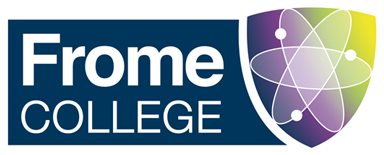Understanding ADHD in Teenagers: A guide for support
What is ADHD?
Attention Deficit Hyperactivity Disorder (ADHD) is a neurodevelopmental condition that affects attention, impulse control, and activity levels. It is not a behavioural problem or a result of poor parenting. ADHD can look different in each person and can affect daily life in many ways.
There are three main types of ADHD:
- Inattentive Type: Trouble focusing, easily distracted, forgetful
- Hyperactive-Impulsive Type: Fidgety, restless, impulsive decisions
- Combined Type: Features of both inattentive and hyperactive-impulsive types
How ADHD Affects Teenagers
Teenage years bring more demands—socially, emotionally, and academically. ADHD can make this time especially challenging.
Common struggles include:
- Difficulty focusing in lessons or on homework
- Forgetting assignments, losing belongings
- Acting without thinking, interrupting others
- Trouble managing emotions, mood swings
- Feeling misunderstood or criticised often
- Low self-esteem or anxiety about school performance
How to Support a Teen with ADHD
Structure and Routine
- Use planners or apps for reminders
- Keep consistent routines at home and school
- Break tasks into small, manageable steps
Support Emotional Wellbeing
- Be patient and avoid negative labels
- Recognise effort, not just results
- Encourage regular movement, sleep, and healthy eating
Adapt Learning Environments
- Use visual aids and hands-on learning
- Allow breaks to move or reset
- Offer choices to increase engagement
Encourage Strengths and Interests
- Support hobbies and talents
- Help them set goals and celebrate progress
- Encourage open conversations about ADHD
Life with ADHD
With the right support, teens with ADHD can thrive. Many go on to be successful in education, work, and personal life. ADHD may bring challenges, but also creativity, energy, and new ways of thinking.
Understanding and support make all the difference.












